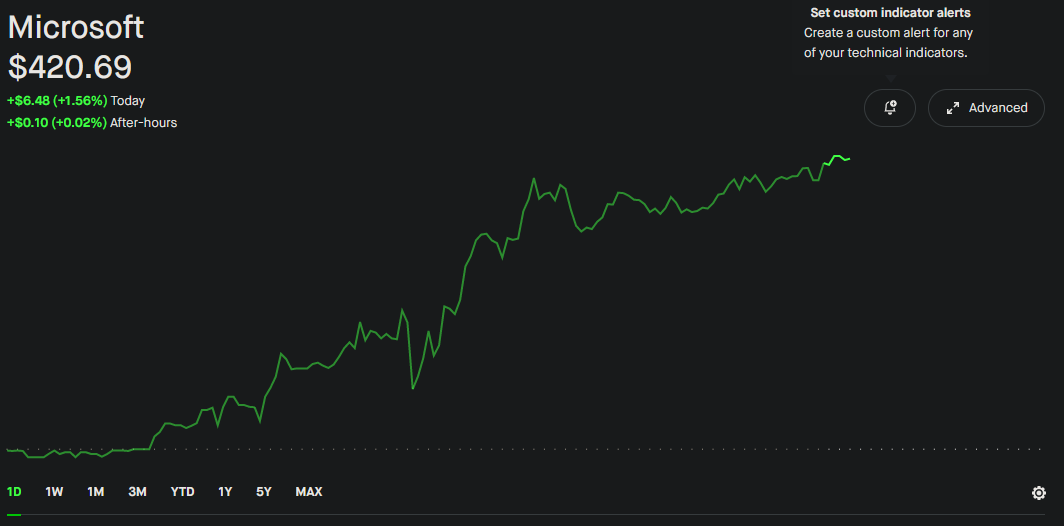Apparently eleventy-bajillion dollars wasn't enough.
Here's my comment from the last time this came up (like a week ago):
"There's been no meaning shift. The "possessive" and "envious" uses of jealous both date from the 14th century in English, and both senses were present in the ancestors of these words all the way back to Greek."
It's always been synonymous with "envious", as far back as we can trace.
This isn't the case, because humans can handle significantly larger deviations from "comfortable" on the cold side than the hot side, so again Fahrenheit gets it pretty much right.
This is horrible logic. If anything, it should be: you need to learn Celsius if you are doing science, but most people aren't scientists and therefore don't need to learn Celsius, so this isn't really a problem that comes up for a lot of Fahrenheit users.
According to Wikipedia Rankine is properly used with the degree symbol, but sometimes is not by analogy with Kelvin.
I just cancelled my gas station rewards program because they moved everything to a mandatory app. I will not use your app.
(on mobile, so sorry for any formatting weirdness)
English teachers will only give you an arbitrary, subjective answer about whether it's a word - you want a linguist if you want an objective answer.
Since we're dealing with two different "words" (roots) here, factory and overclocked, the first thing to look for is compound stress. Many compound words in English get initial stress: compare "blackbird" and "a black bird".
This isn't foolproof, however. For some speakers there are compounds that don't get compound stress - some speakers say "paper towel" as expected, while others say "paper towel", but it's still a compound either way.
So how can we actually tell that paper towel is one word? See if the first member of the potential compound (the non-head) can be modified in any way.
For example, we know doghouse is a compound because in "a big doghouse" big can only refer to the house, and cannot refer to "the house of a big dog". Similarly, blackboard must be one word because it can take what appear to be contradictory modifiers: " a green blackboard".
So, in the same way, paper towel and toilet paper are one word because "big paper towel" can't mean "a towel made from big paper" and "pink toilet paper" can't mean "paper for a pink toilet". (Toilet paper also gets compound stress.)
Yet another way to test is by semantic drift (meaning shift). As mentioned earlier, blackboards don't have to be black, so the meaning of the compound doesn't perfectly correspond to the pieces of the word - instead, the fact that it's a vertical board you write on in chalk is much more important to the meaning. This is because once the pieces combine to form a new word, that new word can start to shift away from the meaning of the pieces. Again, however this process takes time, so it's not a perfect test.
So, back to the original question: is "factory-overclocked" one word?
Well, it doesn't get compound stress, and for me I can still say things like "it's home-factory-overclocked" to mean that it was overclocked in its home factory, so the first member can take modifiers. And, the whole thing still means what the pieces mean.
So, in my grammar, "factory-overclocked" is two words. But for some of you "home factory overclocked" may not be possible, which would indicate that it's started to become one word for you. Everyone's grammar is different, but we can still test for these categories.
If you instead mean by your question, "can factory and overclocked be combined with a hyphen?", however, I can't help you, because language-specific writing conventions are subjective and arbitrary, and not something that linguists usually care very much about.
A girl I was thinking about dating made lembas by making some slight modifications to shortbread cookies.
As for how it turned out, I married her.
"Women are the best you'll ever be able to get a little bit of."
Lol, I spelled it "ov" on my spelling test.


I really liked minutes to midnight. A lot more introspective and mature.